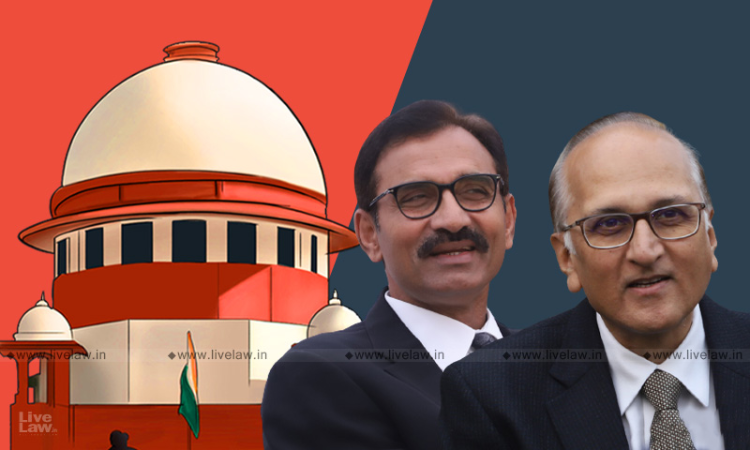The Supreme Court today upheld the provisions of Insolvency and Bankruptcy Code, 2016 which applies to personal guarantors of corporate debtors.The bench comprising Justices L. Nageswara Rao and S. Ravindra Bhat approval of a resolution plan relating to a corporate debtor does not operate so as to discharge the liabilities of personal guarantors (to corporate debtors). The bench dismissed...

